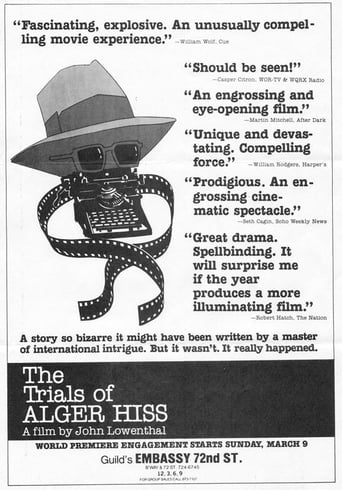
09 Mar 1980

The Trials of Alger Hiss
Documentary by lifelong friend that supports the innocence of Alger Hiss (convicted in January 1950 on two counts of espionage-related perjury)

The second inauguration of Richard Nixon as president of the United States was held on Saturday, January 20, 1973, at the East Portico of the United States Capitol in Washington, D.C. This was the 47th inauguration and marked the commencement of the second and final term of both Richard Nixon as president and Spiro Agnew as vice president. Both Agnew and Nixon resigned within two years of this term.
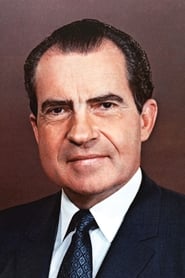
Self

Self
Self
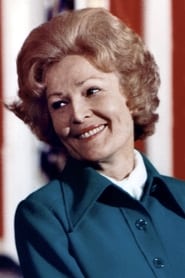
Self

09 Mar 1980

Documentary by lifelong friend that supports the innocence of Alger Hiss (convicted in January 1950 on two counts of espionage-related perjury)

04 Aug 2014

From 1971 to 1973, Richard Nixon secretly recorded his private conversations in the White House. This film chronicles the content of those tapes, which include Nixon's conversations on the war in Vietnam, the Pentagon Papers leak, his Supreme Court appointments, and more--while also exposing shocking statements he made about women, people of color, Jews, and the media.

08 Aug 2014

From 1972 to 1974, the Watergate scandal was frequently a part of “The Dick Cavett Show.” In fact, Cavett was at the forefront of national TV coverage, interviewing nearly every major Watergate figure as the crisis unfolded. With exclusive access to the archive of the show, documenting the scandal in the words of the people who lived it: from the botched burglary at the Democratic National Headquarters; to the must-see TV of the daily Congressional Watergate hearings; to the ongoing behind-the-scenes battle between the White House and “The Dick Cavett Show,” culminating with the resignation of President Nixon on August 9, 1974. Offering a unique opportunity to mark the 40th anniversary of a defining moment in American history.

27 Apr 1994

A public memorial service was held on April 27, attended by world dignitaries from 85 countries and all five living presidents of the United States, the first time that five U.S. presidents attended the funeral of another president.

17 Jun 2022

Follows the crime and scandal that took down President Richard Nixon the day of the break-in at the Watergate Hotel.
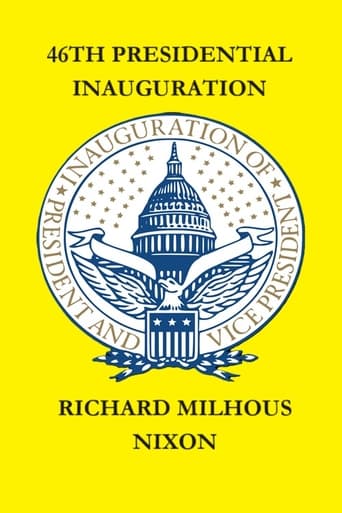
20 Jan 1969

The first inauguration of Richard Nixon as the 37th president of the United States was held on Monday, January 20, 1969, at the East Portico of the United States Capitol in Washington, D.C. This was the 46th inauguration and marked the commencement of the first and eventually only full term of both Richard Nixon as president and Spiro Agnew as vice president.
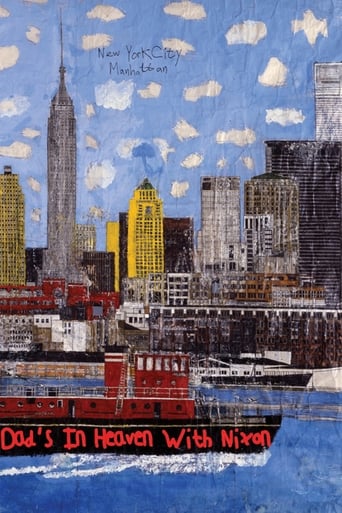
06 Apr 2010

Dad's in Heaven with Nixon is a 2010 documentary film produced, directed and written by Tom Murray. It concerns the history of the Murray family and especially of Tom's brother Chris Murray, a man with autism whose paintings of cityscapes, first promoted by family friend Gloria Vanderbilt, have garnered widespread praise. The title refers to Chris' belief that his late father, who loathed Richard Nixon, is now friends in heaven with the former president. Ranging over three generations of Murrays, whose patriarchs struggled with alcoholism and bipolar disorder, the film treats of subjects ranging from father-son relationships to the Great Depression, from the effects of divorce on families to the cushy lifestyle of the residents of Southhampton, New York.
15 Oct 1990
The enigmatic nature of the Nixon presidency combined comparatively progressive legislative initiatives with a flagrant abuse of presidential power and the public trust. His achievements in expanding peaceful relations with China and the Soviet Union stand in stark contrast with his continuation of the war in Vietnam. Finally brought down by scandal and duplicity, his administration did much to erode the citizenry's faith in government.
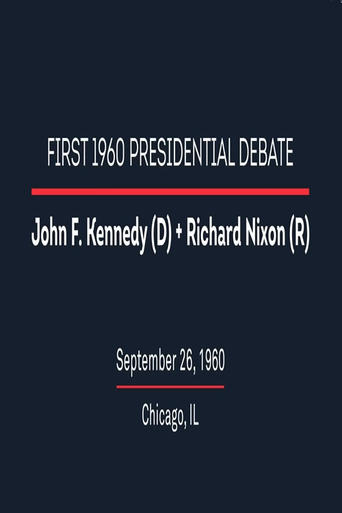
26 Sep 1960

CBS (Columbia Broadcasting System) motion picture of the first presidential debate between Senator John F. Kennedy and Vice President Richard M. Nixon from CBS studios, Chicago, Illinois. During the debate, Senator Kennedy states, "I don't believe in big government, but I believe in effective governmental action." Each candidate makes an opening statement of eight minutes and a closing statement of three minutes.

07 Oct 1960

The second presidential debate between Vice President Richard Nixon and Senator John F. Kennedy took place on Friday, October 7, 1960, at the WRC-TV studios in Washington, D.C.. Questions were related to internal American matters, foreign relations, economy, etc.

13 Oct 1960

The third presidential debate between Vice President Richard Nixon and Senator John F. Kennedy took place on Thursday, October 13, 1960, were held virtually at the ABC studios in Los Angeles, California (for Nixon) and New York City, New York (for Kennedy). The debate was moderated by Bill Shadel of ABC with Frank McGee, Charles Van Fremd, Douglass Cater and Roscoe Drummond as panelists. To ensure fairness, the journalists (who were in Los Angeles) and Nixon were placed in separate studios. All participants addressed the camera directly, with Kennedy and Nixon both situated without aides in studios that Shadel described as "identical in every detail." A major topic of the debate was whether military force should be used to prevent Quemoy and Matsu, two island archipelagos off the Chinese coast, from falling under Communist control

21 Oct 1960

The fourth and final presidential debate between Vice President Richard Nixon and Senator John F. Kennedy took place on Friday, October 21, 1960, at the ABC studios in New York City, New York. The debate was moderated by Quincy Howe of ABC with Frank Singiser, John Edwards, Walter Cronkite and John Chancellor as panelists. Questions were related to Foreign affairs.
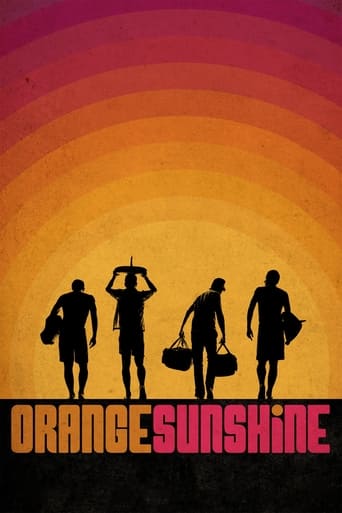
14 Mar 2016

The never-before-told story of the Brotherhood of Eternal Love – a spiritual group of surfers and hippies in Southern California that became the largest suppliers of psychedelic drugs in the world during the 1960s and early 1970s. Bonded by their dreams to fight social injustice and spread peace, this unlikely band of free-spirited idealists quickly transformed into a drug-smuggling empire and at the same time inadvertently invented the modern illegal drug trade. At the head of the Brotherhood, and the heart of this story, is the anti-capitalistic husband and wife team, who made it their mission to change the world through LSD.
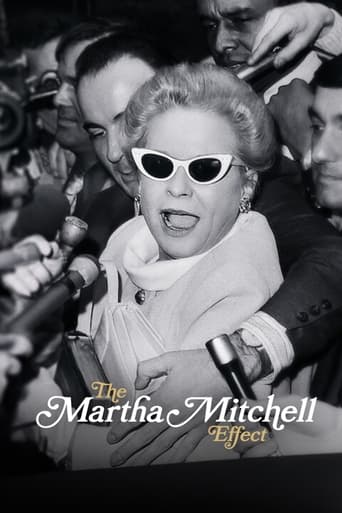
20 Jan 2022

She was once as famous as Jackie O—and then she tried to take down a President. Martha Mitchell was the unlikeliest of whistleblowers: a Republican wife who was discredited by Nixon to keep her quiet. Until now.
17 Dec 2014
This was a project done for a AP US History course, hence the mundane performances and obvious budgetary restraints. It is in our honor to present you a glimpse into the Space Race.

04 Aug 1999

Two high school girls wander off during a class trip to the White House and meet President Richard Nixon. They become the official dog walkers for Nixon's dog Checkers, and become his secret advisors during the Watergate scandal.
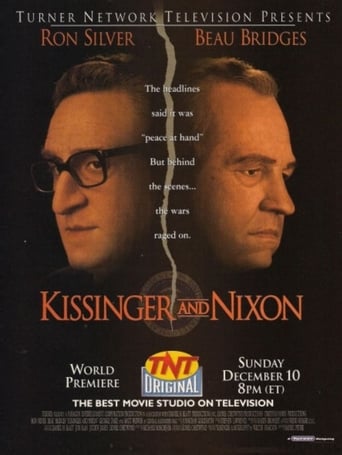
10 Dec 1995

A dramatization of the relationship between Kissinger and Nixon during the six-month period in 1972-73 when Kissinger was negotiating an end to the Vietnam War and Nixon was grandstanding politically.
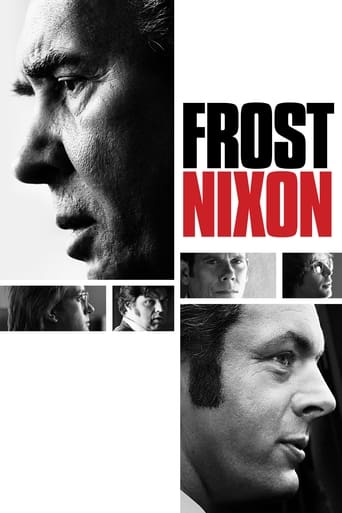
15 Oct 2008

For three years after being forced from office, Nixon remained silent. But in summer 1977, the steely, cunning former commander-in-chief agreed to sit for one all-inclusive interview to confront the questions of his time in office and the Watergate scandal that ended his presidency. Nixon surprised everyone in selecting Frost as his televised confessor, intending to easily outfox the breezy British showman and secure a place in the hearts and minds of Americans. Likewise, Frost's team harboured doubts about their boss's ability to hold his own. But as the cameras rolled, a charged battle of wits resulted.
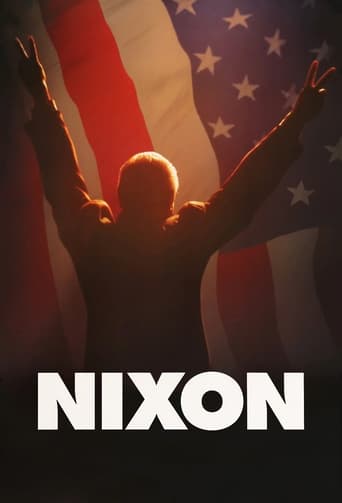
22 Dec 1995

A look at President Richard M. Nixon—a man carrying the fate of the world on his shoulders while battling the self-destructive demands from within—spanning his troubled boyhood in California to the shocking Watergate scandal that would end his Presidency.
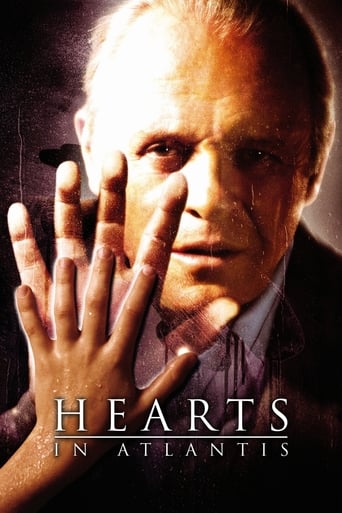
28 Sep 2001

A widowed mother and her son change when a mysterious stranger enters their lives.